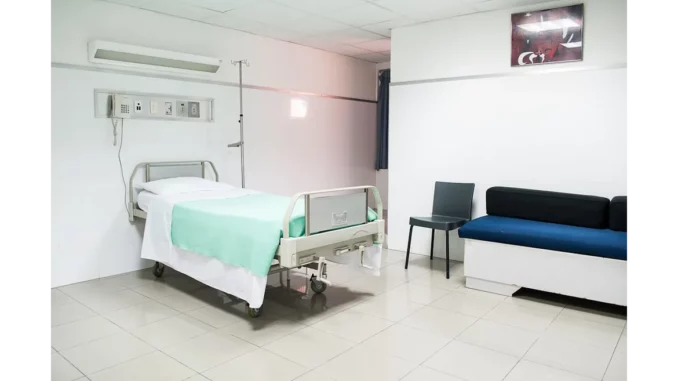
In the heart of bustling hospital corridors, where the pace is relentless and the stakes are high, there lies a silent crisis that healthcare professionals navigate with unwavering dedication—blood shortages. I had the opportunity to sit down with Dr. Emily Thompson, a seasoned haematologist who has spent over a decade working in one of the busiest hospitals in the UK. Her insights shed light on the intricate dance of emergency planning and the management of blood shortages, a challenge that is as critical as it is complex.
Our conversation unfolded in a quaint hospital café, a moment of calm amidst the hustle and bustle of the medical world. Dr. Thompson, with her calm demeanour and a hint of humour in her voice, began by recounting her initial encounters with blood shortages. “In my early years, I was caught off guard by how frequently these shortages occurred. It’s something you read about in textbooks, but the real-world implications are far more daunting,” she explained.
The reality of blood shortages is a multifaceted issue that requires not only meticulous planning but also rapid adaptability. Dr. Thompson elaborated on the comprehensive strategies that hospitals employ to tackle this challenge. “Our first line of defence is always maintaining a robust inventory system. We work closely with blood banks to monitor supplies and anticipate shortages before they become critical,” she said.
The unpredictability of demand adds another layer of complexity. During our conversation, Dr. Thompson highlighted how hospitals are often at the mercy of unforeseen events—anything from road traffic accidents to unexpected surgical complications can deplete blood supplies in a matter of hours. “We have to be prepared for the unexpected, and that means having contingency plans in place,” she noted, emphasising the importance of collaboration across departments.
One of the key elements of successful emergency planning, as Dr. Thompson described, is effective communication. Hospitals must ensure that every department is in the loop, from the surgical teams to the emergency room staff. “Communication is vital. We have regular meetings and updates to keep everyone informed about the current status of our blood reserves. It’s a team effort,” she said, underscoring the importance of a coordinated response.
The management of blood shortages also involves making difficult decisions. Dr. Thompson spoke candidly about the ethical dilemmas that healthcare professionals face when supplies are low. “We have protocols in place to prioritise patients, but it’s never easy. Every patient is someone’s loved one, and you want to do everything you can for them,” she reflected, her voice tinged with empathy.
Despite the challenges, innovation plays a crucial role in enhancing the management of blood shortages. Dr. Thompson shared her excitement about recent advancements in haematology, including the development of synthetic blood products and improved blood preservation techniques. “These innovations are game-changers. They offer new possibilities and could potentially alleviate the pressure on our blood supplies,” she said with optimism.
As our conversation drew to a close, Dr. Thompson offered a glimpse into the future of emergency planning in hospitals. She expressed hope that ongoing research and technological advancements will continue to improve the way blood shortages are managed. “We’re always learning, always adapting. The goal is to ensure that no patient goes without the care they need,” she concluded, her commitment to her profession evident in her words.
Reflecting on my interview with Dr. Thompson, I was struck by the dedication and resilience of the healthcare professionals who navigate these challenges daily. Their work, often behind the scenes, is a testament to the intricate balance of planning, collaboration, and innovation required to manage blood shortages effectively.
For those of us outside the medical field, it’s easy to overlook the complexity of these issues. Yet, as Dr. Thompson’s insights reveal, the management of blood shortages is a crucial component of emergency planning that ultimately impacts us all. It is a reminder of the importance of supporting our healthcare systems and the remarkable individuals who work tirelessly to safeguard our health.
As I left the hospital, I carried with me a newfound appreciation for the complexities of emergency planning and the quiet heroes who make it all possible.
Sparrow Knight


Be the first to comment